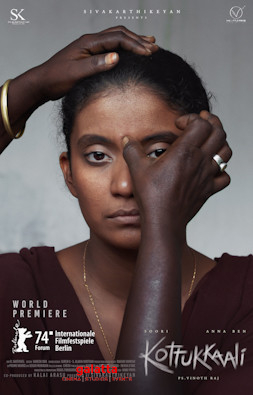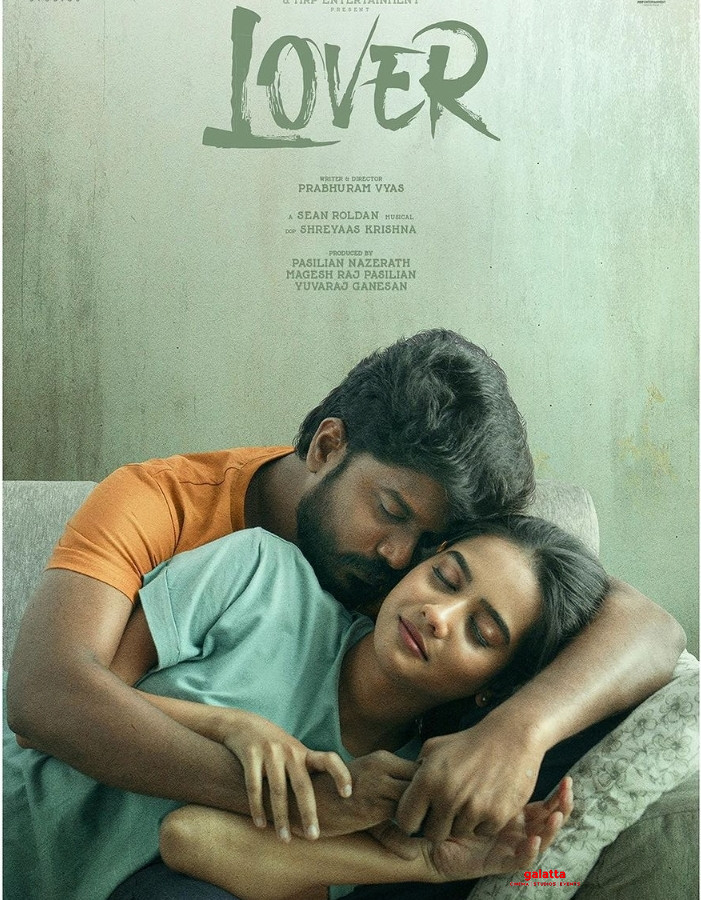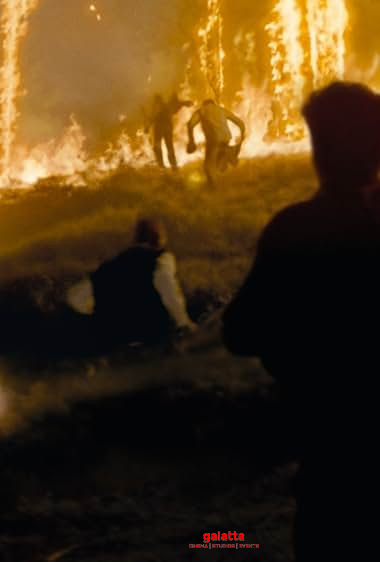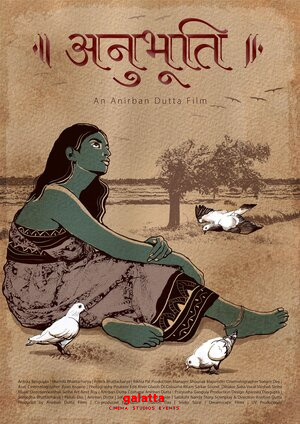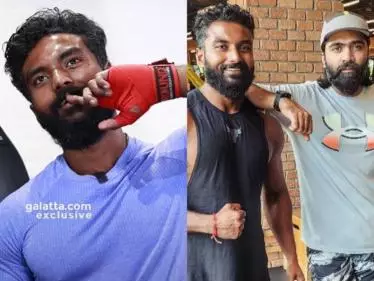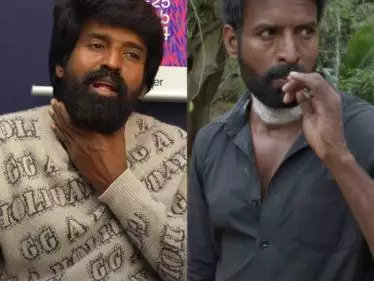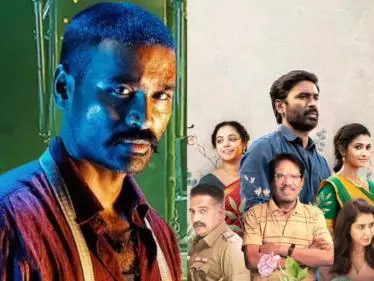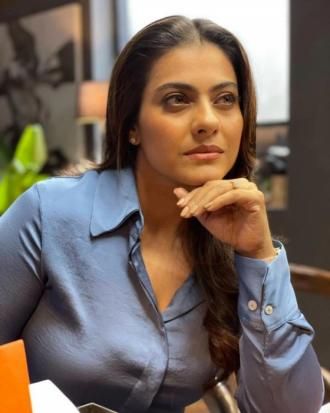Laapataa Ladies Movie Cast & Crew
The year is 2001. The place is Nirmal Pradesh, a stand-in for heartland India. A young woman named Phool (Nitanshi Goel) is being married off. Her face is covered with a veil — the traditional gold-orange ghoonghat – before she is packed off with her husband Deepu (Sparsh Shrivastav). Phool stumbles on the way to the scooter that will take them away from this village. Someone comments, “Aage nahin, neeche dekh ke chalna seekho!” The overnight change expected in a married woman is instantly established. Till yesterday, Phool walked like everyone else. But from now, thanks to the veil that covers her face entirely, she will have to keep looking down. A literal situation based on rocky terrain transforms into a telling metaphor about a wife’s place in her new home.
Laapataa Ladies is Kiran Rao’s second film, after the exquisitely minimalistic Dhobi Ghat – and the title may also be a metaphor. Very literally, it refers to the plot point that Phool and Deepu get (accidentally) separated at a railway station: namely, Phool goes “laapataa”, missing. The other way to read the title is as a collective noun for all the women who lose their identity, their individuality, and go “missing” after marriage. The spectacular – and very funny – opening stretch has Deepu taking Phool to his village, and they travel first by scooter, then by boat, then by bus, and finally by train. Without being told anything, we are shown how far Phool is from her home, and how difficult it is going to be for her to retrace her steps, once she gets separated from Deepu.
The film is a satirical comedy, and it has a lot on its mind: the indistinguishability of brides with those big veils (and also of Muslim women who are rendered unrecognisable by the hijab), the similarity of the names Phool and Pushpa, wives being burned for dowry (the amount of which is very casually discussed, even with strangers), wives who won't utter the names of their husbands, women who are not allowed to study because they need to be married off, women who give up their taste in food because it makes no sense to prepare items that they like when the men don’t like that item, women who give up their artistic talents once they get married, married women who realise that they have relationships like “saas” and “jethani” but not “saheli”.... One of the smartest plot points has a woman realise that the skill that she learnt in order to be a good homemaker (i.e., cooking) can also become a source of income.
These Big Points are made in a light style, as part of conversations that would have happened at those points. Still, the writing (Sneha Desai, Biplab Goswami, Divyanidhi Sharma) isn’t entirely unable to shake off the feeling that those Big Points are being made. It’s a bit heavy-handed. We are always aware of the construction, the scaffolding that holds up these Big Points. And some of the narrative choices, like a politician exploiting Deepu’s plight, are downright clunky. But the fresh-faced actors (including Pratibha Ranta as Pushpa) and the fresh situations keep us watching. The unfussy location shooting by Vikash Nowlakha helps a lot. Also, the comedy. Consider why Phool is unable to go to her home after her (accidental) separation from Deepu. It’s because she is from the village Ganganagar, and the region is filled with villages named Ganganagar.
Besides its beautifully written leads, Laapataa Ladies is filled with colourful, memorable characters. The simpleton who says he is afraid of his wedding night is contrasted with a man who wants to go to a sex worker when his bride is nowhere to be found – because it is his wedding night, after all. He needs to do what needs to be done. There’s a delightfully hammy Ravi Kishan as Inspector Manohar, a man who does wrong things but also knows when to set things right. The loveliest characters are the ones who practically live on the railway platform Phool finds herself stranded on: a Shaan-inspired beggar, a “chhotu” who is wise beyond his years, and a cynical woman who ended her marriage because her husband claimed that he loves her and so he can slap her! (There may be a filmmaker being targeted here!) This woman is now happy on her own. The bonding between these oddballs and Phool is so organic, so believable that you totally buy it when she calls this railway platform her “doosra maika”.
There is a bit of heavy-duty suspense, when Pushpa seems to have a secret. (It is tied to the film’s emancipatory themes.) But it’s easily resolved. Laapataa Ladies is a minor-key movie – and I mean this in a good way. Even a dramatic arrest plays out in a non-melodramatic manner. Like in Dhobi Ghat, Kiran Rao is not in a hurry to put the pieces together. Of course, this is a much more obvious movie, a broader and more direct movie – but in spirit, it shares many of the traits we saw in Dhobi Ghat. In my review of that film, I said, “With just four players, [the director] attempts to communicate an impression of the teeming symphony that is Mumbai”. Here, with a similar handful of players, Kiran attempts to communicate an impression of the teeming symphony that is Indian womanhood. In its own simple way, Laapataa Ladies works. Kiran Rao shows us that she can be understated even when working with really broad material – and that’s something.


